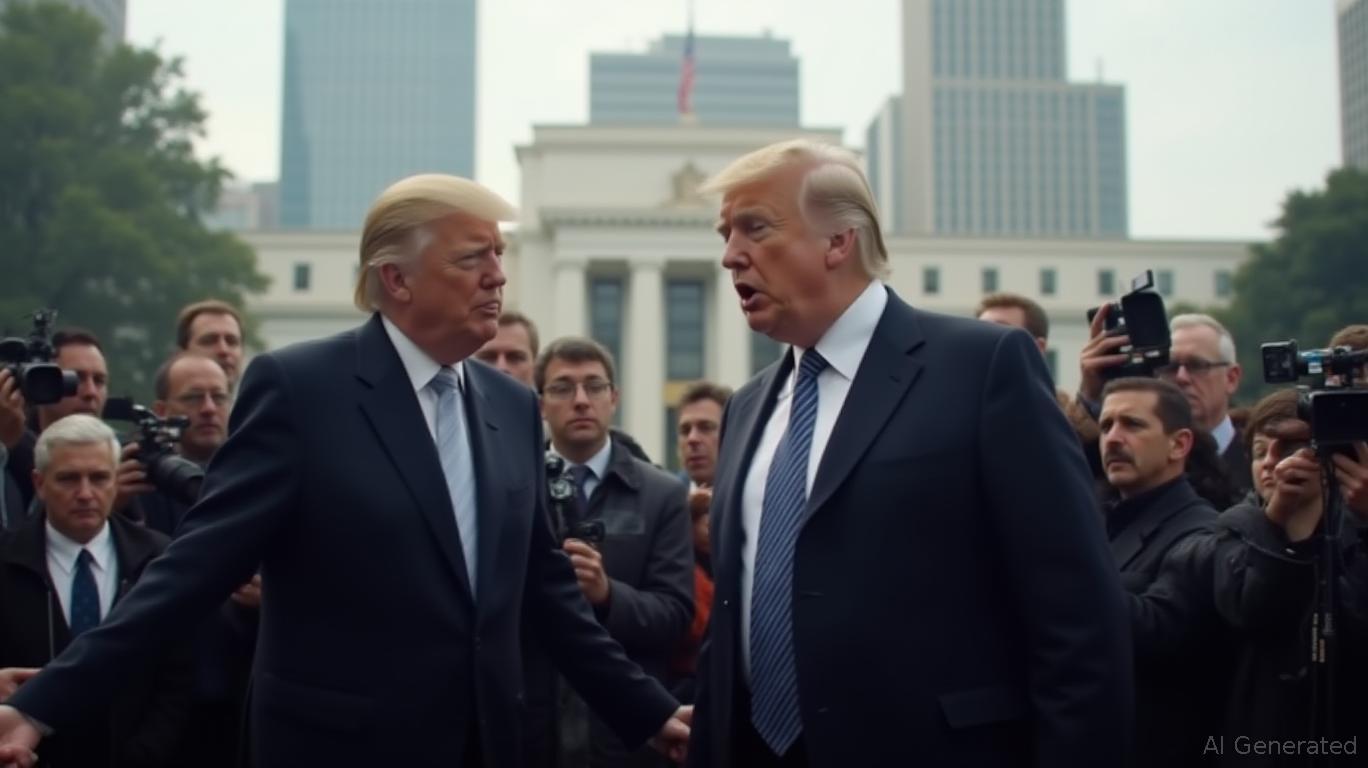U.S. Treasury Seeks Feedback on Stablecoin Regulations
- Main event, leadership changes, market impact, financial shifts, or expert insights.
- GENIUS Act enforces 100% reserve backing.
- Treasury collecting feedback on risk innovations.
The GENIUS Act mandates stablecoin issuers maintain 100% reserve backing in U.S. dollars or approved low-risk assets. This legislation impacts major stablecoins like USDC and USDT by ensuring financial stability and increasing demand for U.S. treasury bills.
Points Cover In This Article:
ToggleU.S. Treasury seeks public opinions on stablecoin regulations under the GENIUS Act to ensure compliance.
Overview
The U.S. Treasury Department has initiated a public consultation process on new stablecoin regulations under the GENIUS Act signed on July 18, 2025 . The law focuses on stablecoin issuance, reserves, and anti-money-laundering practices.
This event marks a significant regulatory shift in stablecoin management, highlighting its financial impact nationwide. Immediate market reactions include adjustments by issuers for compliance clarity.
Regulatory Details
The GENIUS Act mandates a 100% reserve backing for stablecoins to secure assets with U.S. dollars and treasury bills. Issuers are to undergo independent audits and detailed monthly reports. President Donald J. Trump signed the act, aiming for a regulated and transparent stablecoin environment.
“The GENIUS Act will generate increased demand for U.S. debt and cement the dollar’s status as the global reserve currency by requiring stablecoin issuers to back their assets with Treasuries and U.S. dollars.”
— President Donald J. Trump
Senators Bill Hagerty, Tim Scott, Kirsten Gillibrand, and Cynthia Lummis championed this move, reinforcing restrictions on issuance only by insured depository institutions or approved nonbanks. The U.S. Treasury Department is pivotal in enforcing these rules.
Market Implications
These regulations affect USD-backed stablecoins like USDT, USDC, and involve shifts in related markets such as ETH, BTC, and DeFi infrastructures. Rehypothecation of reserves is mostly prohibited, impacting operational freedom.
Broader Financial Impacts
The financial implications include stimulated demand for U.S. debt, aligning with broader monetary stability objectives. Political interest circles around maintaining the U.S. dollar’s global currency status amid regulatory compliance.
Future Considerations
Potential developments include increased demands for liquidity management innovations. Precedent trends suggest tighter regulatory frameworks for nationwide benefits, assuring investors with reliable oversight practices. Insights indicate that rapid adaptation to these regulations could bolster stablecoin market reliability.
Disclaimer: The content of this article solely reflects the author's opinion and does not represent the platform in any capacity. This article is not intended to serve as a reference for making investment decisions.
You may also like
Solana News Today: Validators to Decide Solana’s Next Big Leap in Speed and Scale
- Solana validators consider Alpenglow upgrade to achieve 150ms finality and 107,664 TPS, enhancing its high-performance blockchain position. - Upgrade aims to narrow Solana-Ethereum performance gaps, leveraging PoH and parallel execution for scalability in DeFi, gaming, and trading. - Solana's $0.0003/tx cost vs. Ethereum's $4.02/tx and 100M+ daily transactions highlight its cost-efficiency edge in competitive blockchain markets. - Potential SEC-approved Solana ETFs by October 2025 and REX-Osprey ETF's $2

XRP News Today: Central Banks Redraw the Map as Crypto Forces CBDC Acceleration
- BIS reports stablecoins/crypto drive 1/3 of central banks to accelerate CBDC development, with 91% still engaged in projects. - Emerging markets show higher stablecoin adoption in cross-border payments, while 67% of economies will soon regulate cryptoassets via bespoke frameworks. - Ripple's XRP maintains relevance in SBI's multi-rail payment system, coexisting with Chainlink's control layer for interoperability and liquidity. - BIS Innovation Hub advances blockchain-based solutions, aligning with 14% SW

Senator Aims to Make Every Peso Public With Blockchain Budget Vision
- Philippine Senator Bam Aquino proposes blockchain-based national budget to enhance transparency, aiming to make every peso traceable by citizens. - The initiative would expand existing blockchain infrastructure by the Department of Budget and Management (DBM), currently tracking SAROs and NCAs via Polygon's network. - BayaniChain supports the vision but clarifies no direct involvement, emphasizing blockchain's role in creating immutable records to combat corruption. - No formal bill has been filed yet, w

Trump's War on the Fed: A Battle for Economic Autonomy Unfolds
- President Trump removed Fed Governor Lisa Cook via Article II authority, citing FHFA's fraud allegations over conflicting mortgage residency claims. - Cook denied wrongdoing and vowed legal action, with the Fed defending its independence through "for cause" removal protections in the 1913 Act. - Critics labeled the move an "authoritarian power grab," warning it risks politicizing monetary policy and repeating 1970s-style economic instability. - Market reactions mixed as bond yields rose and analysts emph
